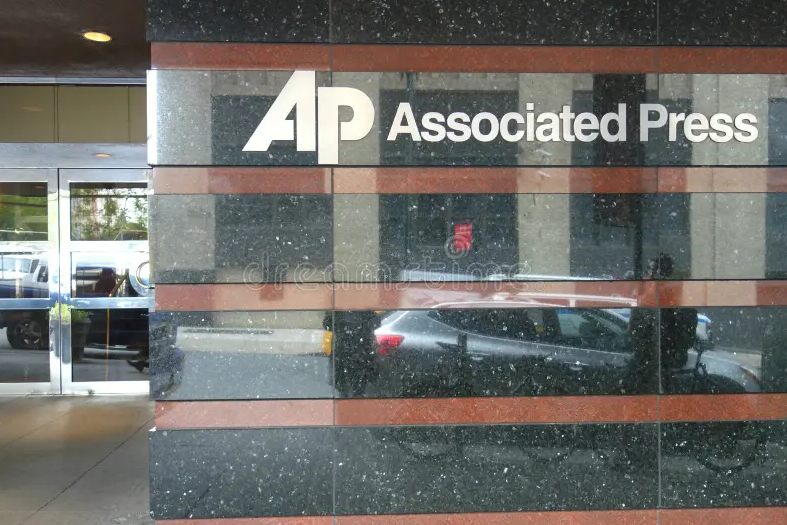Two of the biggest American newspaper chains, Gannett and McClatchy, have announced that they will no longer be using the Associated Press (AP) for news content. The decision, made public this week, is being framed as a cost-saving measure, with Gannett executive Kristin Roberts stating that the move will save millions of dollars.
However, the decision has sparked concerns among media experts and staff members at the affected newspapers, who warn that the move could lead to a decrease in reliable reporting and cut off an important source of news for readers.
The Associated Press, which has been in operation since the Mexican-American War in 1846, is a wire service that provides news articles and images to media outlets for a licensing fee. With over 200 bureaus around the world, the AP remains the biggest brand name among the wire services. It has been a relied-upon source for smaller newspapers that do not have the resources to have their own reporters on the ground in certain locations.
In memos to their respective staff and public statements, executives from both Gannett and McClatchy explained that the decision to end their content relationship with the AP was driven by the need to save money. They also expressed confidence in being able to fill the news gap left by the AP.
Gannett's Roberts stated that the company creates more journalism each day than the AP does. However, some media observers are skeptical, noting that the decision may be part of a larger negotiation tactic in contract talks with the AP.
The loss of the AP as a news source has been described by some as a "disservice to news consumers across the U.S." In an emailed statement, AP spokeswoman Nicole Meir stated that the organization is in ongoing conversations with Gannett and McClatchy and hopes that they will continue to use their news services. Meir also emphasized the impact the decision could have on fact-based journalism, particularly during an election year.
Meanwhile, McClatchy has not responded to requests for comment. Gannett spokesperson Lark-Marie Anton told The Washington Post that the decision was made in order to enable the company to invest further in its journalism. Gannett CEO Mike Reed reinforced this idea at a recent journalism conference, stating that the AP content was not as well-read as locally produced stories, making it more financially sound to save money and hire local reporters to produce more of what audiences want.
However, some staff members at affected newspapers express skepticism about the company's intentions. Mike Davis, a union representative for the Asbury Park Press, notes that despite promises of reinvesting in local newsrooms, there has been little to no action taken.
In fact, the number of Gannett staff has decreased by 47 percent in the last three years. Tim Franklin, senior associate dean at Northwestern's Medill journalism school and director of its Local News Initiative, also acknowledges the need for skepticism and believes that reinvesting in local newsrooms would be good for both journalism and business.
Both Gannett and McClatchy have struggled financially in recent years, with Gannett merging with GateHouse Media in 2019 and McClatchy being sold to hedge fund Chatham Asset Management in a 2020 bankruptcy auction. The decision to drop AP news comes at a time when the role of reliable journalism and fact-based reporting in a functioning democracy is more important than ever. Some media experts and staff members believe that this move is another symptom of the declining state of the newspaper industry and express concerns about the future of reliable news.

